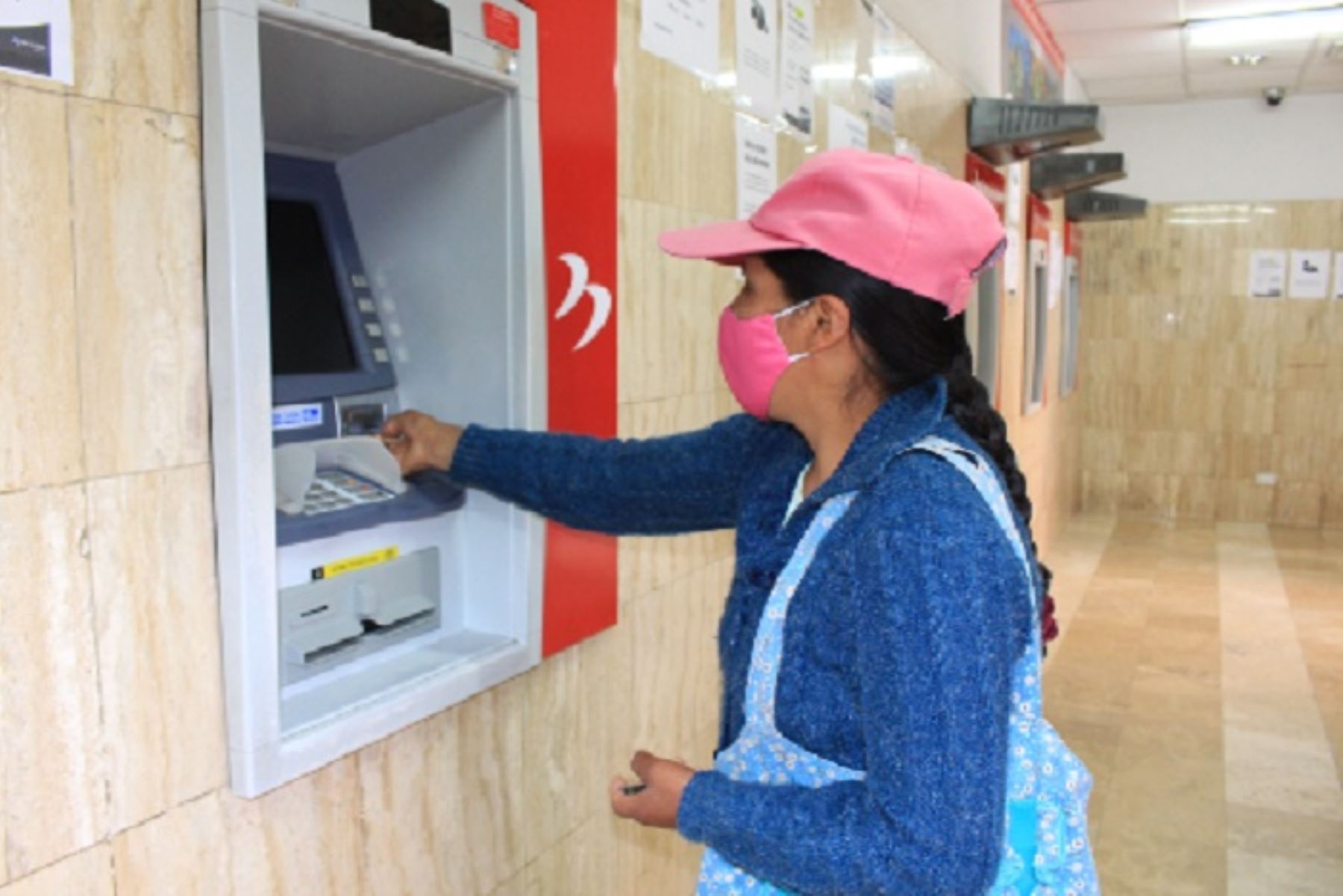Exactly ten years ago, the Tunisian greengrocer Mohamed Bouazizi burned himself to death in protest against the arbitrariness of the state. His death triggered the so-called Arab Spring. But the democratic path in Tunisia remains rocky and frustrating.
When the coffin is lifted out of the car, there is no holding back in Sidi Bouzid in Tunisia. It is the coffin with the body of Mohamed Bouazizi. Thousands of clenched fists stretch in the air. “Mohammed’s blood will not have flowed in vain,” shouted the dissolved people in early January 2011. One of his friends said at the time: “Mohamed sold fruit and vegetables in order to be able to use them to pay for books. He went to university – and he wanted his Support family. “
Bouazizi is only 26 years old. In Sidi Bouzid, a four-hour drive south of the capital Tunis, he had earned his living as a greengrocer. When the police stole his goods and mistreated him, he doused himself with gasoline in front of the regional administration headquarters – and set himself on fire. “No more poverty! No more unemployment!” He shouts.
The pressure cooker goes up
Bouazizi’s self-immolation sparked mass demonstrations in Tunisia thanks to the dissemination of information through social media. There is a revolution. Activists from the period describe Tunisia as a pressure cooker that blows up from being under too much pressure for too long. The people are fed up – stones, bottles and Molotov cocktails are flying. The regime strikes back. With rubber truncheons, tear gas and live ammunition.
When it feels cornered, the autocratic long-term president Zine el-Abidine Ben Ali tries to appease him. “Yes, I understand you. I understand everyone: the unemployed, the demonstrators, the politicians and those who demand more freedom,” he claims. Ben Ali had previously converted the country into a police and surveillance state. Torture, brutality and intrigues against journalists and members of the opposition were part of the system.
Many do not want to hear from the lighthouse anymore
Ten days after the death of greengrocer Mohamed Bouazizis, Ben Ali fled to Saudi Arabia after 23 years in power. Previously, there were numerous dead and injured by security forces. The small Tunisia, with around twelve million inhabitants, is the starting point of the so-called Arab Spring and the only country that has succeeded in regime change and ultimately in an ongoing democratization process. Tunisia is often referred to in the media as “the lighthouse of the Arab Spring”. The freelance German journalist Sarah Mersch says that many people in the country have this term hanging out of their ears.
Mersch has lived in the country for around ten years and witnessed the revolution first hand. She says the political upheaval brought people freedom of expression above all else. “Just the fact that people in the café were suddenly discussing politics. That was unimaginable. That was unthinkable before. People would unplug their phones beforehand when they were talking about politics at home.”
Issam has given up hope
Much has changed for the better. Nevertheless, the frustration and disappointment run deep for many. Especially in structurally weak regions. As in Sidi Bouzid, where Mohamed Bouazizi also came from. The city in central Tunisia has no sea for tourism or fancy hotels. The city is surrounded by mountains and is the largest vegetable producer in the country. The unemployed Issam also lives here.
Nothing has changed here since the revolution, he says. On the contrary: life has become more expensive and more difficult. “Ten years of revolution: why did it exist? Because of three demands: work, freedom, dignity. We have seen nothing of it. 20,000 young engineers leave the country every year, the doctors all go too. The rest of them go illegally to Italy Terrorists to Syria, Iraq or Libya, and the rest sells hashish, “said Issam. He no longer has any hopes for the politicians in the capital. They only made false promises.
Unemployment as a problem
Indeed, unemployment in Tunisia is higher after the revolution than before. In recent months there have been blockades of oil plants, strikes and demonstrations in various parts of the country. It’s about investments in the country’s remote regions and jobs. Young, frustrated men without a task: this can be a breeding ground for extremism, experts warn.
In the first years after the Arab Spring there had been a large number of Islamist attacks in Tunisia. For example in 2015 on visitors to the Bardo Museum in Tunis and tourists in the holiday resort of Sousse. Since then, the security situation in Tunisia has improved significantly. Tourism recovered – until the corona pandemic.
Despite progress, there are still many construction sites
Tunisia is also politically paralyzed: Social reforms for the population are making no political progress. Prime ministers change constantly, nine times since the revolution. Parliament remains fragmented even after the elections in autumn 2019.
Even Tunisia’s biggest figurehead abroad, frustrates many today: women’s rights. Even before the revolution, Tunisian women had more rights compared to their female counterparts in the region. Since the 1950s, women have had equal rights under the constitution, are allowed to have abortions legally, and polygamy has been abolished. The new constitution is considered to be the most modern in the so-called Arab world.
But: Many still adhere to a traditional division of roles between the sexes. Tunisian society is largely considered to be conservative. In everyday life, this mainly affects women and sexual minorities in the country, even if topics such as sex or homosexuality are more open today. An openly homosexual candidate even wanted to run for the first time in the 2019 presidential elections. Nevertheless, the Tunisians still have a lot of building sites politically and socially ten years after the revolution.
Broadcast: hr-iNFO Aktuell, 17.12.2020, 6-9 o’clock
–


